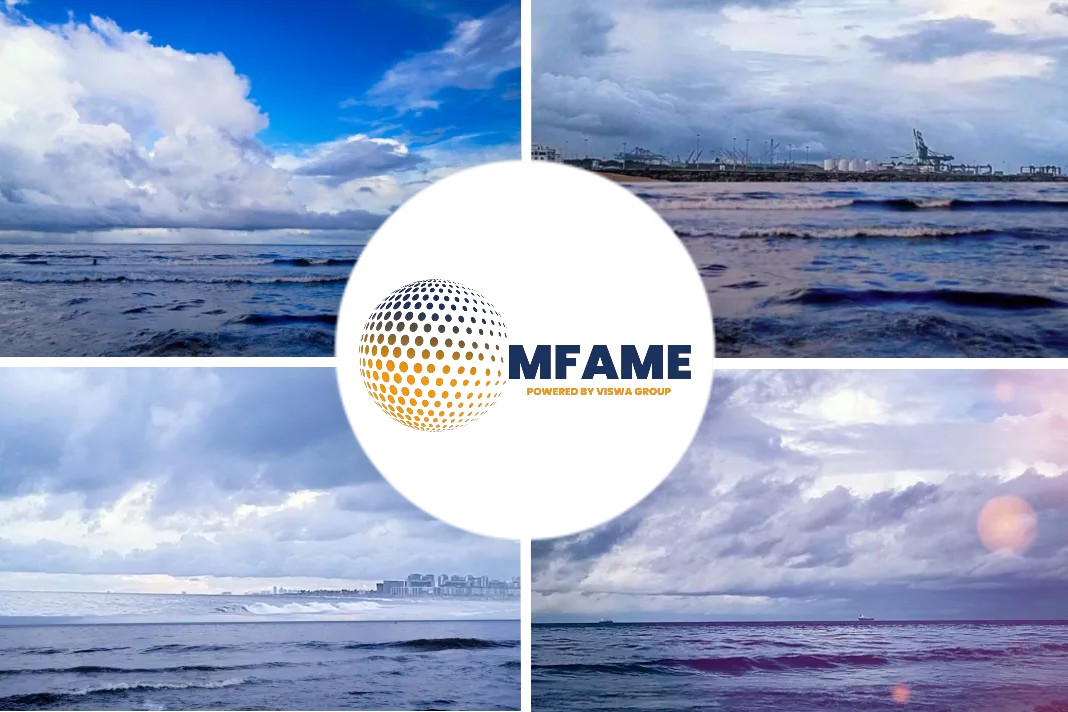- The Principles establish a framework to engage with the shipping industry and support net-zero insurance.
- Brokers, clubs, and other critical stakeholders in marine insurance can also join the Principles as Affiliate members.
A recent news article published in the WFW states that Poseidon Principles For Marine Insurance.
Three members signed up the Principles
Three Affiliate members initially signed up to the Principles, namely Willis Towers Watson, Cefor and EF Marine.
- Just last month (April 2022), both Cambiaso Risso Group and Lockton joined their big-name peers to become the fourth and fifth marine insurance players to gain affiliate status. International Union of Marine Insurance is a supporting partner.
Inspired by the work of the Poseidon Principles for Financial Institutions and the Sea Cargo Charter, the Principles establish a framework to engage with the shipping industry and support net-zero insurance. They apply globally, to all shipping activities where a vessel or vessels fall under the purview of the International Maritime Organisation (the “IMO”), setting a benchmark for what it means to be a responsible marine insurer and providing actionable guidance on how to achieve this. This enables insurers to quantitatively assess the carbon footprint of their underwriting portfolios and track progress against various industry-wide targets.
What is the aim?
As a trio of initiatives, the Poseidon Principles for Financial Institutions, the Sea Cargo Charter and the Poseidon Principles for Marine Insurance complement one another to establish a common global framework for aligning the marine industry with society’s goals. Whilst they all use different evaluative methodologies, they are all designed to mirror one another in terms of structure, including the alignment of business activities with climate concerns; accurate and unbiased information; standardised enforcement for all stakeholders; and public and timely disclosure. Through fostering collaboration and dialogue throughout the maritime value chain, the frameworks provide major industry players with tools to improve strategic decision-making, encourage transparency within global seaborne trade, facilitate knowledge sharing between signatories and address the impact of climate change for all.
More specifically, the Principles aim to assess climate alignment in marine insurance and serve institutions as well as clients to quantitatively assess and disclose the climate alignment of their insurance portfolios. Designed to inform decisions and incentivise insurers to actively promote activities that reduce emissions, the framework offers a common global baseline that is consistent with and supportive of society’s goals to better enable insurers to address and disclose their portfolio alignment with climate goals.
Three key points
Through their actionable methodology, the Principles specifically focus on marine insurers, particularly their hull and machinery (H&M) portfolios. Under the new framework, signatories will.
Did you subscribe to our daily Newsletter?
It’s Free! Click here to Subscribe
Source: WFW























